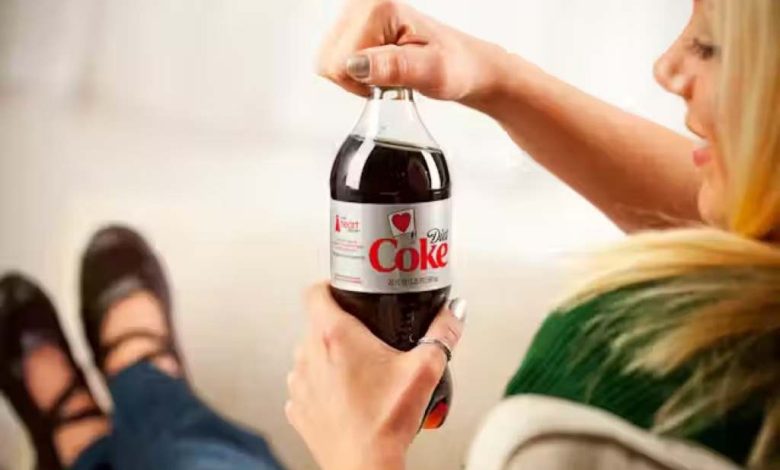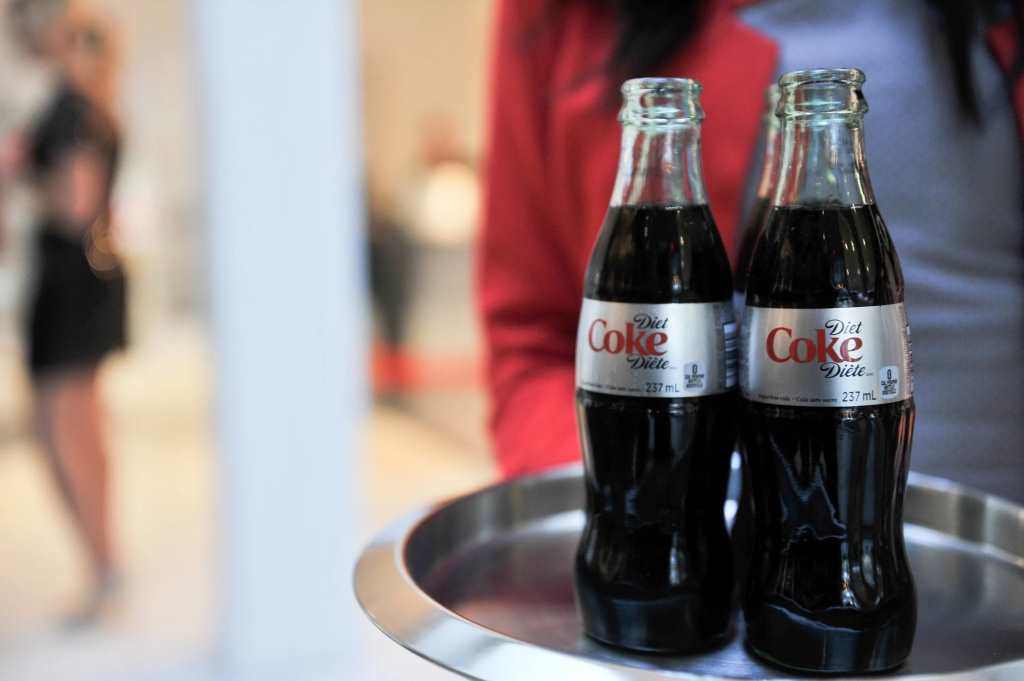
Diet drinks are a popular alternative to sugary beverages, often chosen by those looking to reduce calorie intake or manage conditions like diabetes. However, concerns about their safety and potential health effects remain. This comprehensive guide aims to shed light on the topic, providing evidence-based information to help you make informed decisions about your diet and drink consumption.
Understanding Diet Drinks
Diet drinks, also known as sugar-free or zero-calorie drinks, are beverages that replace sugar with artificial sweeteners like aspartame, sucralose, or stevia. Click here to learn more, They are designed to provide the taste and experience of regular sodas without the added calories and sugar. While they can be a helpful tool for weight management or blood sugar control, it’s important to understand their potential impact on health.
Recommended Daily Intake
There is no universally agreed-upon safe limit for diet drink consumption. However, several health organizations and research studies offer some guidance:
- Mayo Clinic: Suggests that a “reasonable” amount, such as one or two cans a day, is unlikely to cause harm to most people.
- American Heart Association: Advises against “regular and long-term consumption” of diet drinks, citing potential links to heart problems and stroke.
- Observational studies: Some studies have associated high diet drink intake (two or more per day) with an increased risk of heart disease, stroke, and type 2 diabetes. However, more research is needed to establish a causal relationship.
Factors Affecting Individual Tolerance
The safe amount of diet drinks can vary depending on individual factors, including:
- Body weight: Individuals with lower body weight may be more sensitive to the effects of artificial sweeteners.
- Underlying health conditions: People with certain medical conditions, like phenylketonuria (PKU), should avoid specific artificial sweeteners.
- Pregnancy and breastfeeding: Pregnant and breastfeeding women should consult their healthcare providers regarding diet drink consumption.
Potential Health Effects
While moderate consumption of diet drinks is generally considered safe for most people, excessive intake may be associated with several health risks:
- Metabolic effects: Some studies suggest that artificial sweeteners may disrupt gut bacteria and glucose metabolism, potentially increasing the risk of type 2 diabetes.
- Cardiovascular effects: High diet drink intake has been linked to an increased risk of heart disease and stroke in some observational studies.
- Kidney function: A study found that drinking two or more diet sodas daily was associated with a decline in kidney function.
- Dental health: The acidic nature of diet drinks can contribute to tooth erosion and decay.
Alternatives to Diet Drinks
If you’re looking for healthier alternatives to diet drinks, consider the following options:
- Water: The best and most natural way to hydrate your body.
- Infused water: Add fruits, vegetables, or herbs to plain water for a refreshing twist.
- Unsweetened tea or coffee: Enjoy the flavor and potential health benefits without added sugar or artificial sweeteners.
- Sparkling water: A fizzy alternative to soda, available in various flavors.
Conclusion
While diet drinks can be a useful tool for weight management or blood sugar control, it’s crucial to consume them in moderation and be aware of potential health risks. There is no one-size-fits-all answer to how many diet drinks are safe per day, as it depends on individual factors and preferences.
Consult with your healthcare provider or a registered dietitian to discuss your specific needs and concerns. They can help you make informed decisions about your diet and drink consumption and develop a personalized plan for optimal health and well-being.

